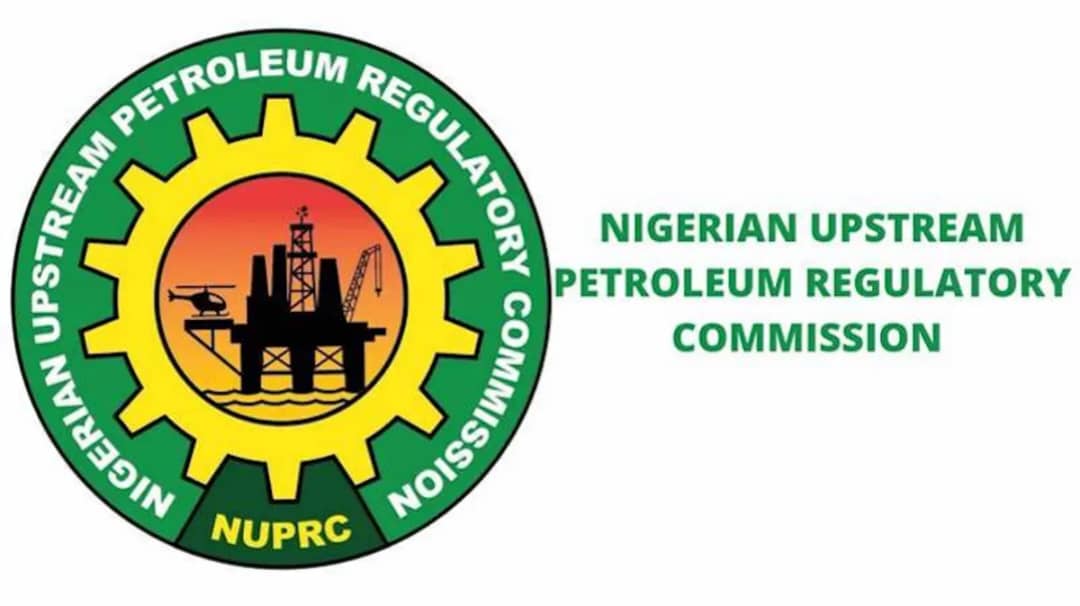Nigeria
Lokpobiri inspects the NUPRC “BARREL” building, promising a quick completion

Sen. Heineken Lokpobiri, the Minister of State for Petroleum Resources (Oil), promises to see that the N68.5 billion ‘BARREL’ building for the Nigerian Upstream Petroleum Regulatory Commission (NUPRC) is successfully completed.
This was disclosed by the Minister on Thursday during a meeting with NUPRC management and personnel at the organization’s temporary Abuja headquarters.
The meeting took place before Lokpobiri visited the “THE BARREL” location, which is the proposed site for the NUPRC’s headquarters complex in Abuja’s Central Business District, according to OBASANJO NEWS24.
Lokpobiri declared that he would step in to address issues impeding the building’s development, adding that a follow-up was necessary because he had already spoken with the Central Bank of Nigeria (CBN) on how to deal with its FX issues.
“You must be in the finest possible shape to work because the commission is so crucial. You need to be in the optimum atmosphere to maximise productivity.
“I find it very upsetting that you remain at the temporary location. Your actions will determine whether the oil business survives, which is why I’m concerned about finishing the building.
“I shall take up your challenges. You need to follow up so that your revenue earned in dollars will be in the domiciliary account for you to spend, rather than converting to Naira, the CBN Acting Governor told me yesterday.
He acknowledged his delight with the commission’s performance in exceeding its financial prediction, making consistent progress, and reaching the completion level noted during the construction of its permanent site.
“I was informed by the project’s contractor, and they mentioned a few issues. We are going to work to allay those worries,” he continued.
The Minister was welcomed by Mr. Gbenga Komolafe, CCE of the Commission, who stated that the regulatory goal of the organisation was to expand the country’s oil and gas reserves, which were now at 37 billion barrels of oil and 208 TCF of gas.
We are concentrating on doing so through our regulatory approach and, of course, boosting the transparency of the hydrocarbon account, which is something we hold in the highest regard. Therefore, we are working to achieve it through the plans and laws we are implementing.
The Petroleum Industry Act (PIA) contains a clause that guarantees the host community’s buy-in for inclusivity in a way that will promote the peaceful operation of the oil corporations.
“This is because we cannot meet the nation’s stated output and revenue targets without peace in the host community. The commission is making every effort to accelerate the effective implementation of the PIA provision, according to him.
In light of this, according to Komolafe, it had overseen the establishment of 82 host community development trusts to act as a platform for the implementation of the PIA clause to ensure peace.
He said that a determined attempt had been made to lower the unit cost per barrel of oil in order to maintain the investment appeal of Nigeria’s upstream sector.
“We are equally in alignment with the global footprint in the energy transition, ensuring decarbonisation in alignment with the nation’s net zero carbon emission commitment,” he continued.
He claims that the commission is run out of five regional offices and four field offices, with a devoted workforce of 933 employees around the country.
In terms of income generation, he said that as of July, it had already surpassed 50% of its revenue generating. He added that this had been the case for the past three years thanks to the dedication of every employee.
Speaking about the “BARREL” project, the CCE stated that the project’s manner of payment consisted of a 65 percent foreign component and a 35 percent local component. The project (11th floor completion level) was started in 2021 and is scheduled to be finished on August 29, 2024.
When asked about the progress of the project, Dr. Taofik Popoola, Manager of Principal Artec Limited and the building’s design consultant, said that its installation and mobilisation recorded 100 percent
%, 95% for planning and design, 96% for building, and 48% for purchasing.
He mentioned issues facing the construction industry, including as inflation, the COVID 19 pandemic effect, rising material costs, the Naira’s depreciation (now N978 to the dollar), and the Russian-Ukrainian situation.
“At the time the contract was signed, the naira to the dollar was N385, and it has since risen to N750 and N978.
He claimed that all of these were regrettably having detrimental consequences on the project’s budget, timeline, and procurement procedure.
According to Mr. Luis Sousa, project manager for Julius Berger Nigeria Plc, the supply chain for some commodities was impacted by COVID-19 and the Russia-Ukraine Crisis, particularly in the area of steel supply because Ukraine is the main manufacturer of steel components.
